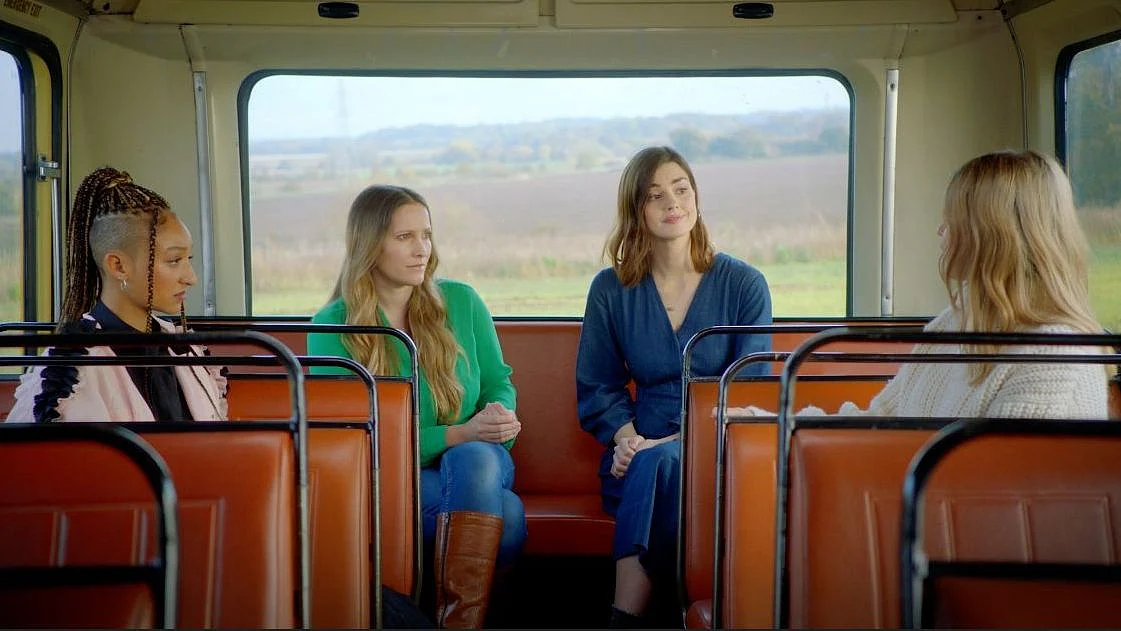Netflix’s ‘Sex Education’ Cast Gets Candid About Sexual Assault
Aimee Lou-Wood and Patricia Allison share their experiences dealing with sexual assault.

advertisement
(Trigger Warning: This video contains mention of sexual assault. Viewer discretion is advised.)
Netflix’s Sex Education is a coming of age comedy that portrays young adults each coming to terms with different aspects of their sexuality. While it has its lighter moments, the show also tackles various subjects such as queer identity, asexuality and sexual assault.
In a new video from Netflix, the show’s creator Laurie Nunn, actors Aimee Lou-Wood (who plays Aimee) and Patricia Allison (who plays Ola) and Laura Bates, founder of The Everyday Sexism Project, get together to share their personal experiences with sexual harassment, from being groped at a train station to being followed on their way home.
Laurie Nunn reveals that the storyline in season two where Aimee is sexually assaulted, stemmed from her own experience. She recounted how a man sexually harassed her while she was travelling on an empty bus to Kings Cross Station in London. “He put his feet on my bags so I couldn’t move. He started inching towards me and started rubbing himself on me and touching himself,” she says. Laurie describes how though her initial reaction was to shake the incident off, she couldn’t forget it. “It really stayed in my head. I started getting like panic attacks. I couldn’t get back on a bus. This lasted for weeks afterwards,” she says. She found some solace when she posted about her experience on a Facebook group and found several women responded with similar stories of their own.
While discussing the scene, Aimee says that what made it especially heart-rending was how nobody steps forward to help her. “That was the worst part, feeling ignored. Feeling like why can no one see what’s going on here? I found that so moving in Aimee’s story is that the event is so traumatising but what traumatises her even more is that she has so much faith in the world, so much faith in people. So when she’s looking around, she really expects someone to go, ‘I’ll help you,’ and they don’t,” she said.
The four women also agree that what made the episode especially poignant was how Aimee’s schoolmates banded together to support her, even though none of them got along. “It was very moving. It was a small moment but it was that idea of having someone acknowledge that you’ve been through something terrible. And also to show how you can help in someone in that situation,” explains Patricia.
They all conclude that one of the best ways to respond to victims of sexual assault is by showing them solidarity and offering to listen to them without dispensing unsolicited advice. “Rather than doing detective work. There’s no questions asked. It’s just, ‘I hear you and I’m sorry.’ That can be the most relieving thing when you don’t have to give any explanations or disclaimers. Just that this is what has happened and someone just saying... Because it does feel like at that moment that person is taking a bit of pain away from you by saying, ‘I’m sorry and I see you, I believe you, it’s real,’” she adds.
Watch the video for more.
(At The Quint, we question everything. Play an active role in shaping our journalism by becoming a member today.)